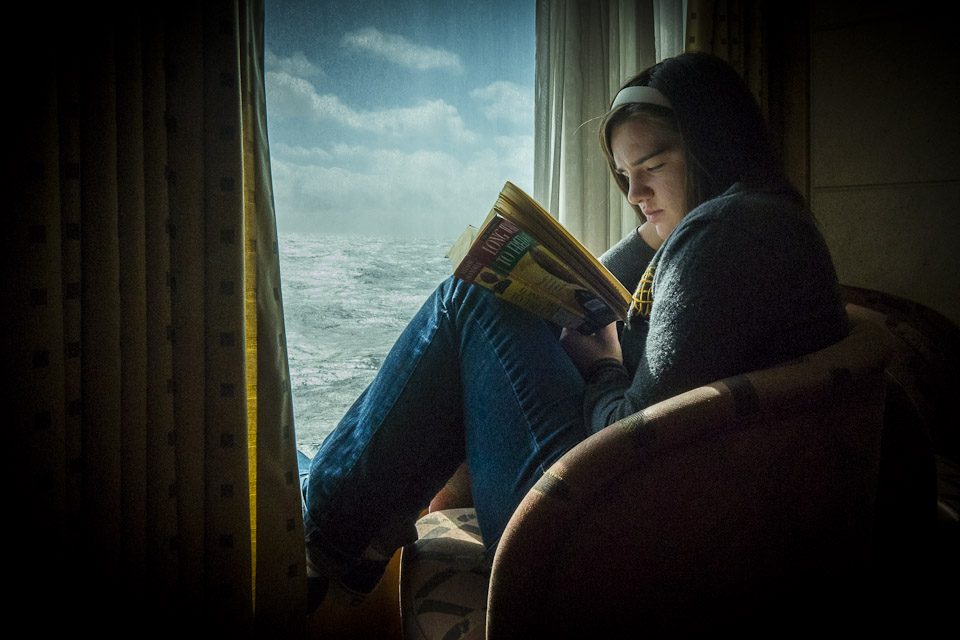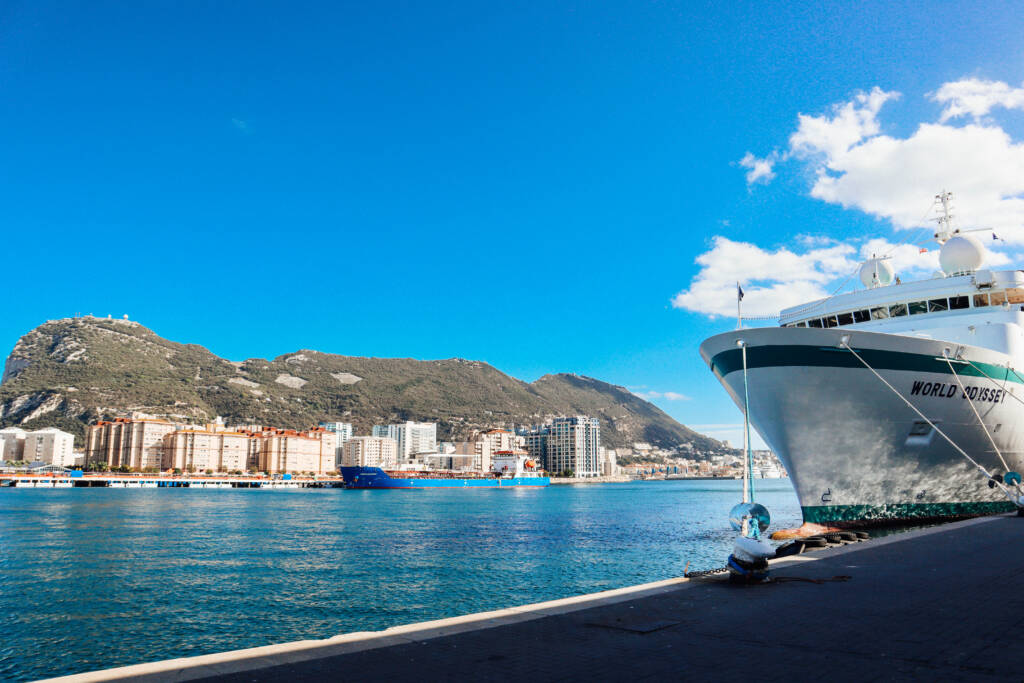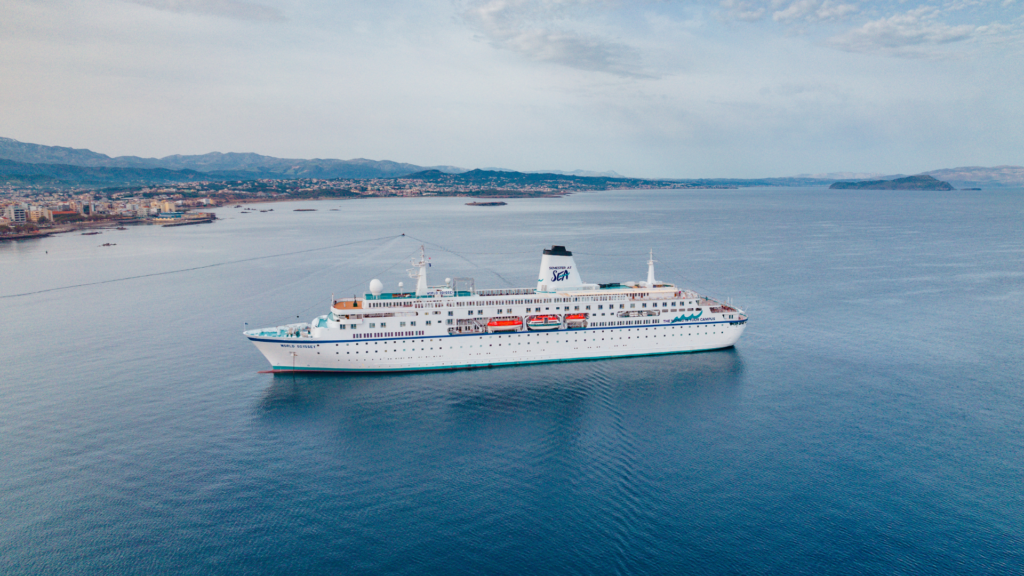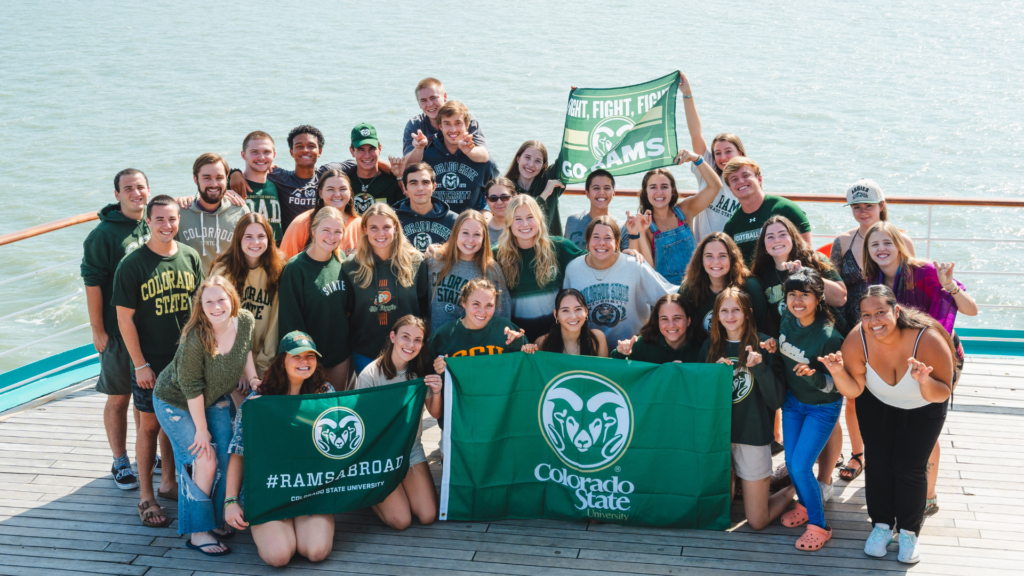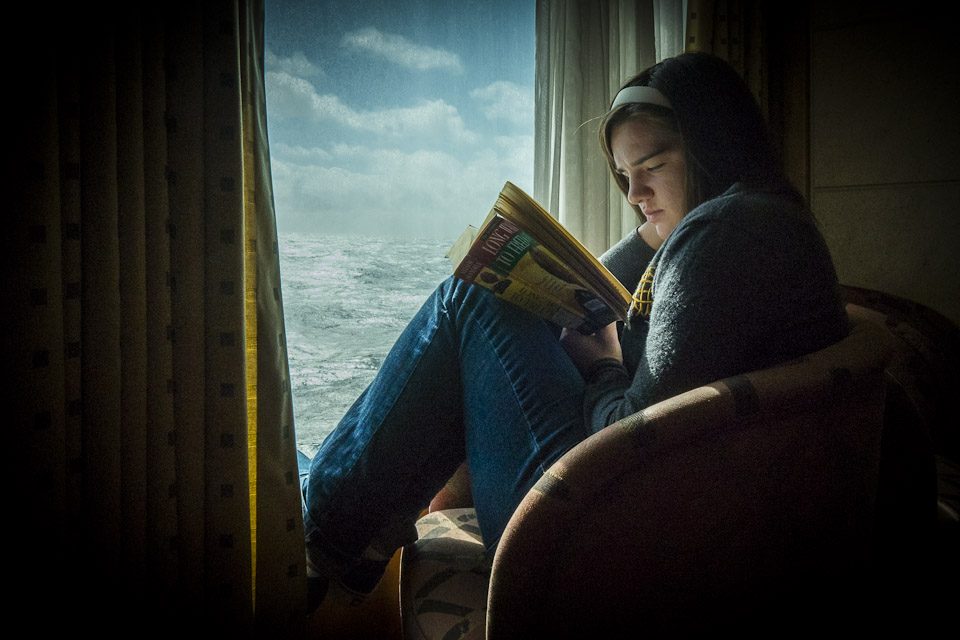
Each voyage the curriculum of Semester at Sea changes, offering students a chance to better understand the world through their courses, in-port field labs and cultural immersion programs.
Different fields of study include: studio art, biology, communication studies, commerce, drama, economics, engineering, English literature, modern and contemporary literature, English writing, environmental science, history, media studies, music, public heath, politics and international relations, psychology, sociology and Spanish; but every professor brings something new to the ship in their individual courses.
What are we studying in the Fall 2012 voyage? Read on to find out more about the classes everyone seems to be talking about on board the MV Explorer.
The Science of Love (PSYCH 4559-101)
Students in this course, taught by Professor Freeman from the University of South Dakota, will be exploring the ideas behind love. How do we show love to one another? Why does the bond we form with our parents set the course for human adaptation for the rest of life? What are the biological and cultural mechanisms that transmit the expectations for love from our parents to our partners, and then our own children? Student observations made in port of call excursions will be used to examine universal themes and cultural variations in love. This class is among the most popular on-board.
“I’ve never heard of a class like this,” said Dean Solomon, a junior majoring in criminology from the University of California Irvine, “So for Semester at Sea to offer an interesting and life-applicable course is something I had to take advantage of.”
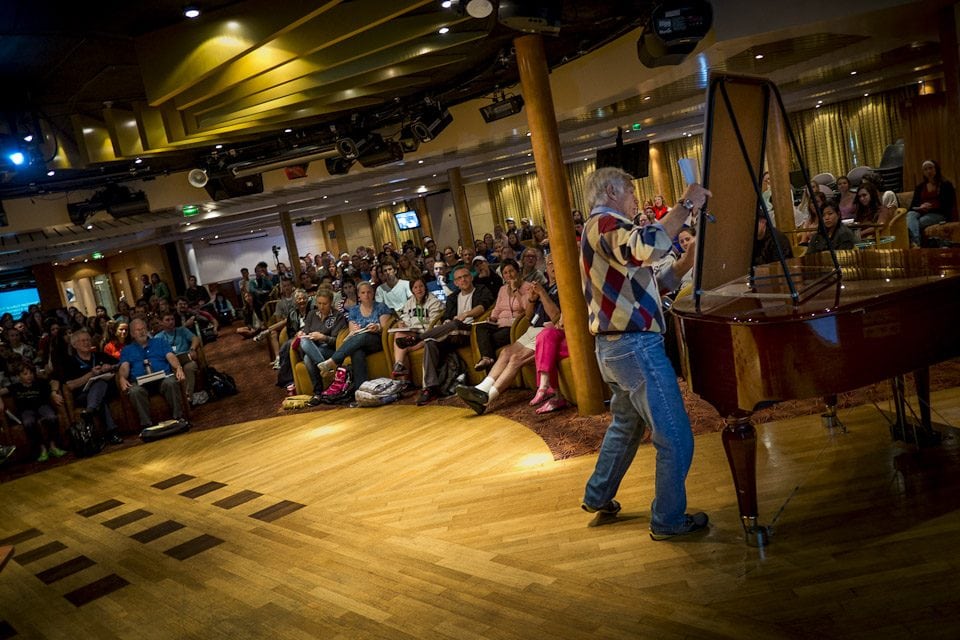
International Marketing (SEMS 2500-503)
How does marketing differ between developed and developing countries? What constitutes successful marketing in countries around the world? Students will find out all this and more in this semester’s International Marketing course, taught by Sergio Carvalho from the University of Manitoba, which provides students with an understanding of international similarities and differences in global marketing structures, functions and processes. In comparing marketing throughout different countries, students will investigate and report on international marketing issues and analyze current international trends and developments.
“If you’re going to take an international marketing course, there’s really no better way to take it than internationally,” said Brianna Blackwell, a junior majoring in business from the University of San Francisco. “Learning about the marketing practices of other countries allows us to compare it to our own society.”
Infectious Diseases in Humans (BIOL 1559-101)
Prior to the discovery of the ‘sulpha’ drugs, penicillin and streptomycin in the first half of the 20th century, infectious diseases regularly killed huge numbers of human beings. Epidemics of bubonic plague, consumption, dysentery, influenza, and typhoid fever swept across Europe and Asia. In the last 70 years improved public health and the availability of anti-pathogenic drugs have greatly reduced this loss of human life. In this course, taught by Professor Iain Campbell from the University of Pittsburgh, students will look at the microbiology, etiology, management, and social impact of six major infectious diseases (influenza, HIV/AIDS, cholera, tuberculosis, malaria and the tineas).
“I chose to take Infectious Diseases because it is a course that is out of the ordinary and applicable to this voyage,” said Kayla Prout, a junior at Western New England University, majoring in psychology. “Too often we have heard about these issues yet have no idea of the origin nor specific details.”
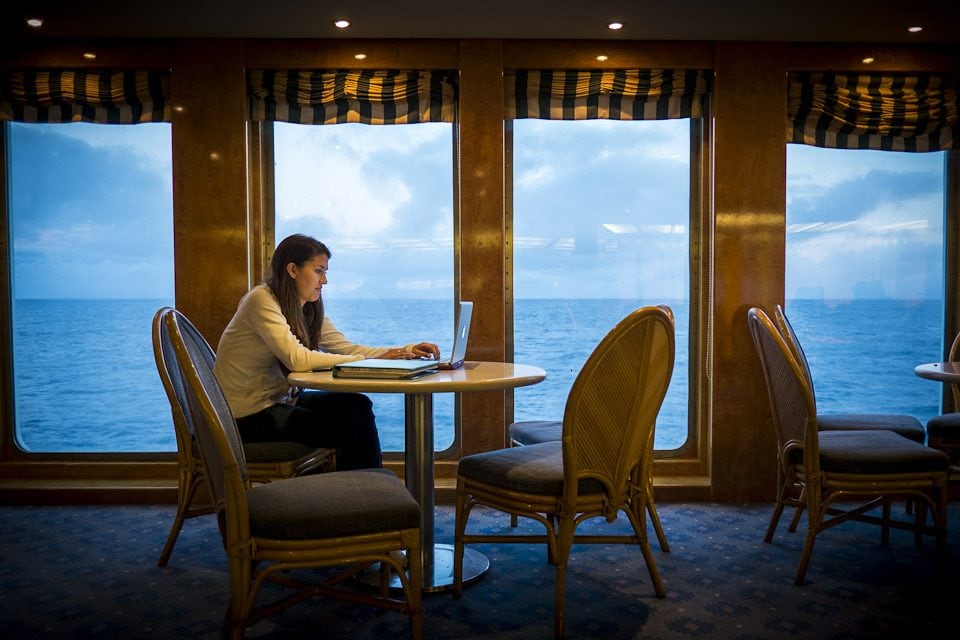
New Course in Religion: World Religions (RELG 1559-501)
How do believers around the world pray? What religions exist in different countries? Students will learn all this and more in World Religions, taught by Professor Barry Penn-Hollar from Shenandoah University. This course will compare the origins, beliefs and practices of the world’s major religious traditions, including Judaism, Christianity, Islam, Hinduism, Buddhism, and indigenous religious traditions (with a focus on Africa). Complimenting this semester’s voyage itinerary, a particular focus is on the historic and contemporary interaction of religious traditions in the regions surrounding the Atlantic Ocean.
“I’m very excited to be well-versed in the multitude of religions. Religion itself is so prevalent throughout the world and to understand it in its various forms helps you to become a more educated global citizen” ‚Äì Jay Muller, University of San Diego, junior, communication studies
Travel Writing (ENWR 1559)
Students interested in a career of travel writing are especially excited by this course, which offers students the ability to perfect their craft, and hone in on a strong set of skills needed to be a professional travel writer. There is also ample time to practice clear thinking, and writing on impulse. What a better time and place to learn these skills, than on board the MV Explorer? Professor Gordon Stewart from the University of Virginia leads this exciting course.
“To be able to take a course with a renown professor with a global context is a once in a lifetime opportunity,” said Robert Young, a business major at Arizona State University.
